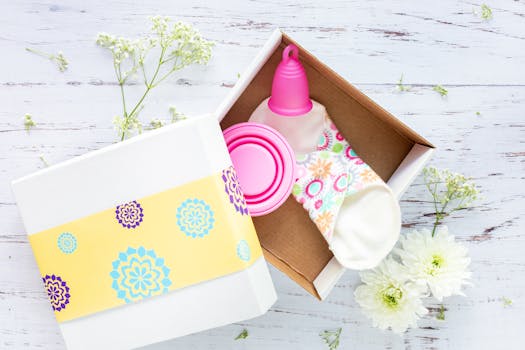The Case Against Plastic Bottled Water
In recent years, the environmental impact of plastic bottled water has come under increasing scrutiny. With millions of plastic bottles being discarded every day, the consequences for our planet are dire. The production and disposal of these bottles contribute significantly to pollution, waste, and resource depletion. As consumers, we have the power to make a difference by refusing to buy plastic bottled water and opting for reusable bottles instead.
The Environmental Impact of Plastic Bottles
Plastic bottles are a major contributor to global plastic pollution. According to the World Economic Forum, over 1 million plastic bottles are purchased every minute worldwide. This staggering statistic highlights the scale of the problem. Here are some key points to consider:
- Only about 9% of plastic waste is recycled, while the rest ends up in landfills, oceans, or is incinerated.
- Plastic bottles take hundreds of years to decompose, leading to long-term environmental damage.
- Marine life is severely affected by plastic pollution, with millions of animals dying each year due to ingestion or entanglement.
By choosing to refuse plastic bottled water, we can significantly reduce our contribution to this growing crisis.
The Benefits of Reusable Water Bottles
Switching to a reusable water bottle offers numerous benefits, both for the environment and for personal health. Here are some compelling reasons to make the switch:
- Environmental Conservation: Using a reusable bottle can save an average of 167 plastic bottles per person per year.
- Cost-Effective: Investing in a reusable bottle can save you money in the long run. The cost of bottled water can add up quickly, while tap water is often much cheaper.
- Health Benefits: Many reusable bottles are made from stainless steel or glass, which do not leach harmful chemicals like BPA, commonly found in plastic bottles.
- Convenience: Reusable bottles come in various sizes and designs, making it easy to carry water wherever you go.
Case Studies: Successful Initiatives
Several cities and organizations have successfully implemented initiatives to reduce plastic bottle usage. For example:
- San Francisco: The city has banned the sale of plastic bottled water in public facilities, encouraging residents to use refillable bottles instead.
- National Parks: Many U.S. national parks have installed water refill stations to promote the use of reusable bottles among visitors.
- Corporate Responsibility: Companies like Coca-Cola and Nestlé have committed to reducing their plastic footprint by promoting reusable options and investing in recycling technologies.
These examples demonstrate that collective action can lead to significant changes in consumer behavior and environmental impact.
How to Make the Transition
Making the switch from plastic bottled water to a reusable bottle is easier than you might think. Here are some steps to help you transition:
- Choose the Right Bottle: Select a reusable bottle that fits your lifestyle. Consider materials, size, and insulation properties.
- Stay Hydrated: Keep your bottle filled with tap water or filtered water to ensure you always have access to hydration.
- Educate Others: Share your commitment to reducing plastic waste with friends and family to inspire them to make the switch as well.
- Support Local Initiatives: Get involved in local campaigns aimed at reducing plastic waste and promoting sustainable practices.
Conclusion: A Call to Action
Refusing to buy plastic bottled water and opting for a reusable bottle is a simple yet powerful way to contribute to environmental sustainability. By making this small change in our daily lives, we can collectively reduce plastic waste, conserve resources, and promote healthier choices. The statistics and case studies presented in this article illustrate the urgent need for action and the positive impact that individual choices can have on our planet. Let us take a stand against plastic pollution and embrace a more sustainable future, one refill at a time.
